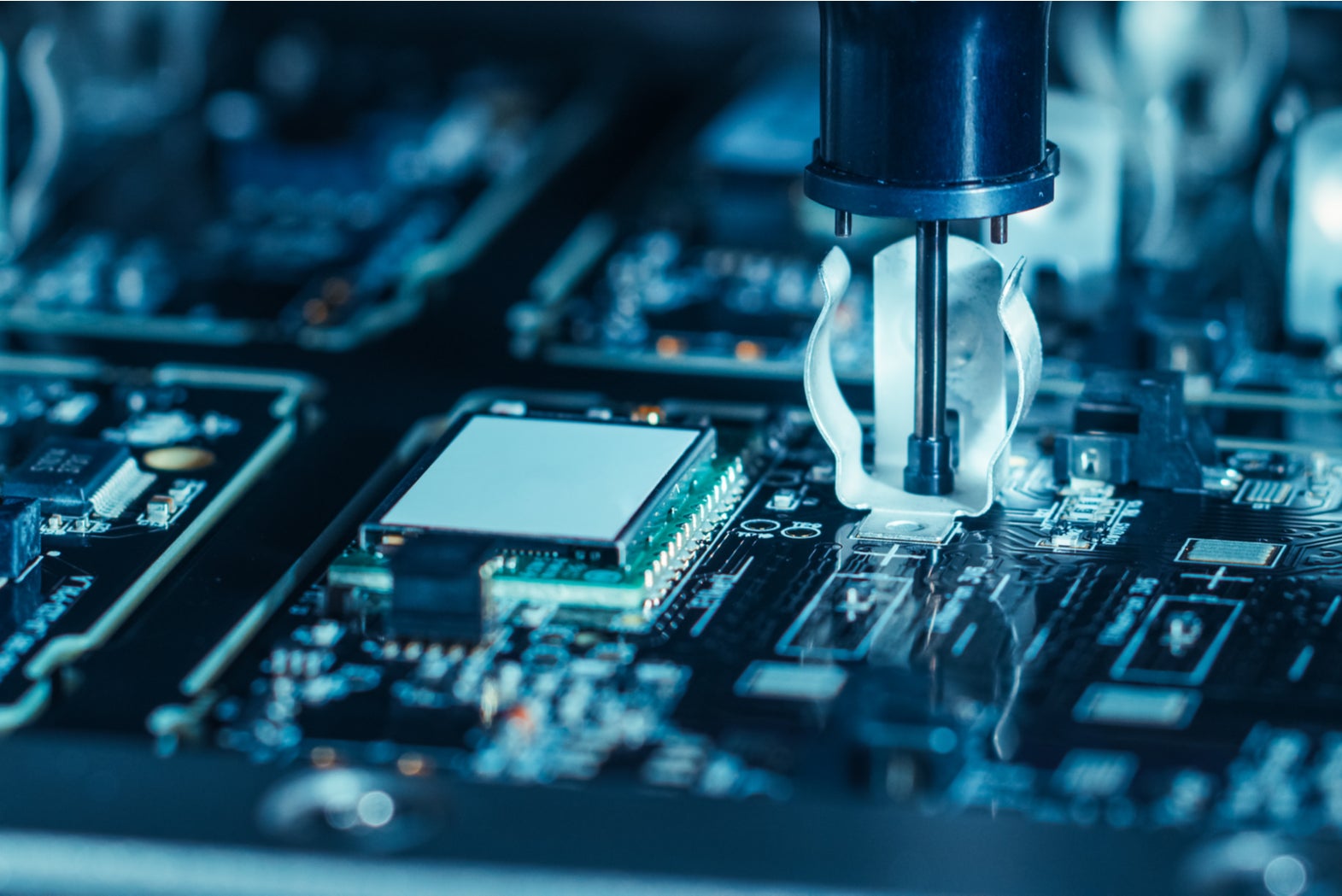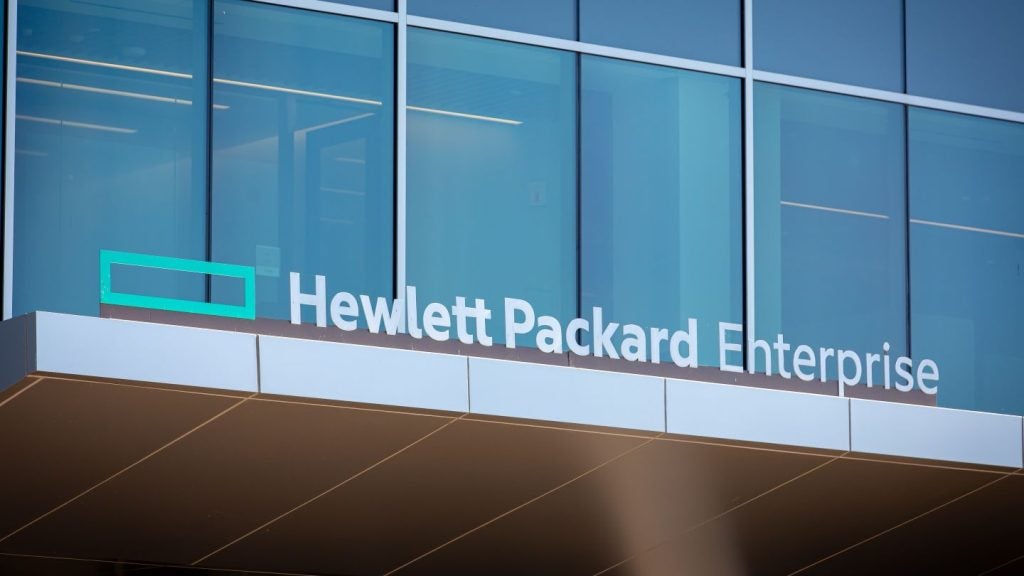
Renesas Electronics, a key supplier of semiconductors to the automotive sector, will take longer than expected to fully restore chipmaking production at a fire-damaged plant in Japan.
Renesas said on Monday that production capacity at the N3 Building at its Naka Factory has recovered to 88%. It expects to reach 100% capacity by “mid-June” following the installation of new CMP equipment, machines used to remove unevenness on wafer surfaces.
The Tokyo-headquartered company had previously aimed to return to full capacity by the end of May. In March an electrical failure caused a fire that destroyed 23 machines and impeded the production of 300mm chips. This compounded pressure on the automotive sector, which has faced idle production lines due to a shortage of semiconductors.
It comes as about 20 Japanese companies are reportedly preparing to work with Taiwan Semiconductor Manufacturing Company (TSMC) to develop chipmaking technology in Japan.
According to Nikkei sources, Japan’s government will establish a joint public-private sector effort with a total cost of $337m. Around half of this cost will be borne by TSMC, the world’s largest contract chipmaker. The project will include a research facility aimed at keeping Japan’s semiconductor firms competitive in the next wave of chips powering artificial intelligence, data centres and 5G solutions.
Foundries in Taiwan, South Korea and the US dominate the chipmaking industry, while China is investing billions to become less dependent on imports. Japan is also a key player but has lagged behind in recent years.
A global shortage of semiconductors used to power electronics ranging from games consoles to car systems has underscored the importance of chips to the global economy.
Manufacturers have pledged tens of billions to expand chipmaking capacity, but many of these are unlikely to be completed this calendar year.
On Monday Intel CEO Pat Gelsinger once again warned that the shortage could last into 2022 and possibly 2023.
“But while the industry has taken steps to address near term constraints it could still take a couple of years for the ecosystem to address shortages of foundry capacity, substrates and components,” he told a virtual session of the Computex trade show in Taipai, one of this year’s most notable B2B tech events.
There is a consensus among leaders from chipmaking companies such as Intel, Nvidia, TSMC and others that demand will outpace supply until at least 2022.







